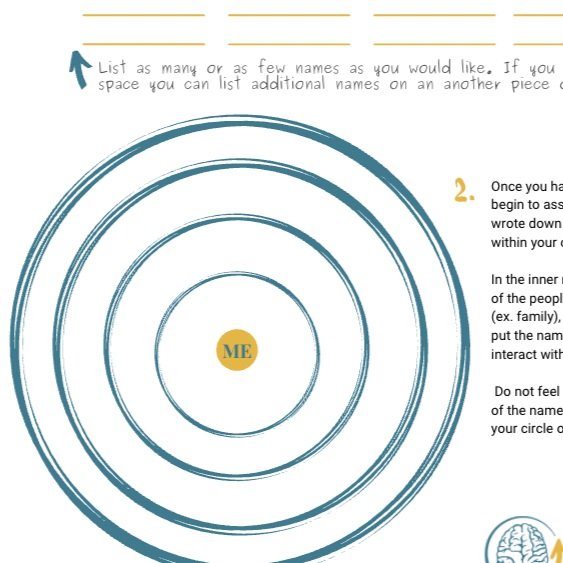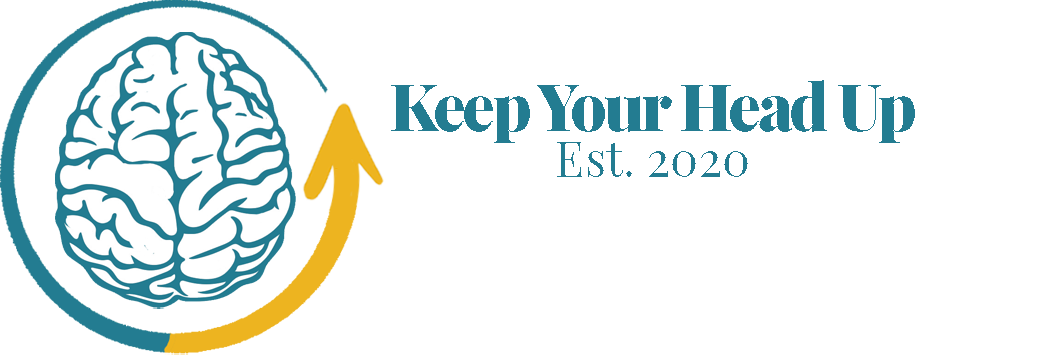Brain Injury Recovery Toolkit
The information provided on this website is provided by us in good faith. Information provided is not a replacement for professional advice and you should not act on the basis of anything contained on our website without first obtaining professional medical advice specific to your circumstances. Never disregard professional medical advice or delay in seeking treatment because of something you have seen on our website. You must make your own assessment of the information contained on our website and, if you choose to rely on it, it is at your own risk. If you feel that you may need medical advice, please consult a qualified health care professional.
-

Energy Journal
It’s normal to experience lower energy levels or fatigue after brain injury. One way to help you deal with this fatigue is by tracking how your daily activities affect your energy usage and then planning a day that optimizes the energy you have. To help you do this we have created this energy journal.
-

Circle of Support
Your brain injury recovery can be a difficult time, but knowing you have people who support you can make a big difference in this process. Mapping out your circle of support is a great way to help you visualize all of the people that care about you and would be happy to help you in any way they can.
-

Goal Setting
When recovering from a brain injury it can be difficult to stay motivated. It may be difficult to complete tasks because one's energy level and/or symptoms can be very unpredictable. We created this tool to help individuals recovering from brain injuries build skills that will allow them to feel more in control over their ability to meet their daily goals.
-

Symptom Tracker
Trying to understand and recognize the onset of brain injury symptoms can be confusing. This tool is an easy and effective way to monitor any symptoms associated with what you eat and drink.
-

Sleep Journal
Getting a good night's sleep is an important part of your recovery process. This journal has 2 different pages, allowing you to track when you are sleeping, the total hours slept and the quality of your sleep.
-

Wellness Plan
During brain injury recovery, it's important to create a flexible daily structure that allows you to take care of your health while also allowing time for you to rest and heal.

